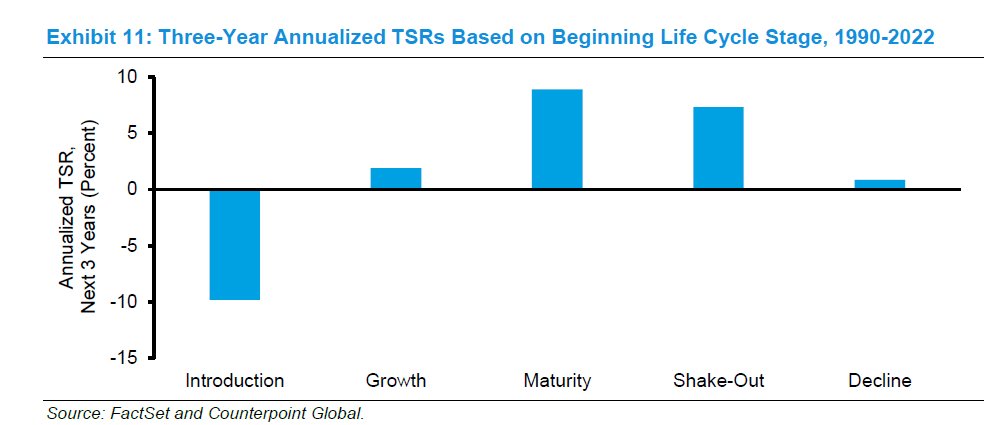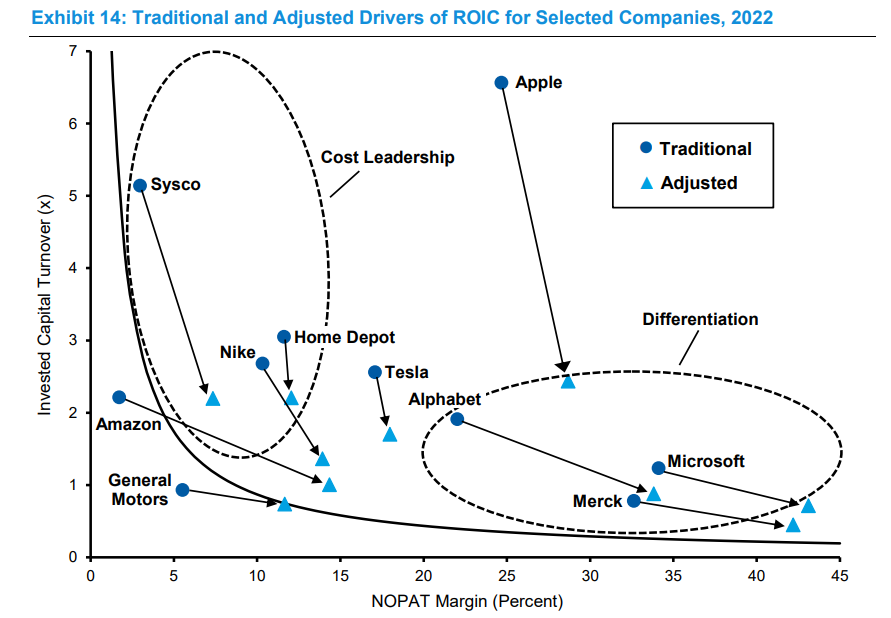Kirk Kerkorian is one of my favorite rags to riches stories. A high school dropout who built the largest casinos and nearly owned Chrysler. A shrewd and enthusiastic dealmaker with a chip on his shoulder.
“Life is a big craps game. I've got to tell you, it's all been fun.”
“Life is a big craps game. I've got to tell you, it's all been fun.”

"When you're a self-made man you start very early in life. In my case it was at nine years old when I started bringing income into the family. You get a drive that's a little different, maybe a little stronger, than somebody who inherited." 

Kerkorian was born in 1917 to Armenian immigrants in California. His father bought up ranches and became San Joaquin's 'raisin baron' before going bankrupt under a mountain of debt.
Kerkorian dropped out of school and worked odd jobs, he nearly became a professional boxer.
Kerkorian dropped out of school and worked odd jobs, he nearly became a professional boxer.
When a coworker took him to a flight school, Kerkorian found a lifelong passion.
During WW II, he flew Mosquito planes across the ocean for the British Air Force. It was dangerous work but allowed him to build a nest egg.
During WW II, he flew Mosquito planes across the ocean for the British Air Force. It was dangerous work but allowed him to build a nest egg.

After the war, he made money by spotting value in army surplus planes. He bought, refurbished, and sold them, building up capital deal by deal.
He also made charter flights to Las Vegas and became a regular at the tables alongside his customers.
He also made charter flights to Las Vegas and became a regular at the tables alongside his customers.
“We were just trying to eat in those days, and parlay what we did have into something better.”
“I had $10,000 to my name, a car, no home, a wife. I was 28 years old so I took the airplane and flew charters to Las Vegas and from there I got interested in the hotel business.”
“I had $10,000 to my name, a car, no home, a wife. I was 28 years old so I took the airplane and flew charters to Las Vegas and from there I got interested in the hotel business.”

He fell in love with Vegas: “I don’t think there is a sky here. You see the sun 95 percent of the time. You see the most beautiful hills.”
His first small investment in the Dunes casino was a bust. “I learned then not to invest in a business that I didn’t run.”
His first small investment in the Dunes casino was a bust. “I learned then not to invest in a business that I didn’t run.”

In 1962, he sold his regional airline to carmaker Studebaker for $1mm.
He invested the cash in a large plot of land. He bartered with owners of small nearby properties and connected his land to the strip. It became the prime piece of property on which Caesar's Palace was built.
He invested the cash in a large plot of land. He bartered with owners of small nearby properties and connected his land to the strip. It became the prime piece of property on which Caesar's Palace was built.

He turned $1mm into $9mm and also bought back his company - turns out Studebaker knew nothing about running an airline.
Flush with cash he was ready for his big move: He was going to build the city's biggest hotel, the International with a thousand rooms.

Flush with cash he was ready for his big move: He was going to build the city's biggest hotel, the International with a thousand rooms.


Kerkorian was on a roll. He sold his airline again and took a stake in a public carrier. He also bought into the struggling MGM studio.
And his International was a big success. On paper he was worth $180mm. But he was heavily leveraged and all his cash was tied up.
And his International was a big success. On paper he was worth $180mm. But he was heavily leveraged and all his cash was tied up.

Kerkorian had used bridge financing from European banks. He planned to sell stock in the International to raise cash.
But his voice appeared on tape at the trial of a prominent mobster. Kerkorian called it the settlement of gambling debt. The SEC blocked his public stock sale.
But his voice appeared on tape at the trial of a prominent mobster. Kerkorian called it the settlement of gambling debt. The SEC blocked his public stock sale.
The International’s stock plummeted from $65 to $6.50. And Kerkorian was forced to sell control to patient money - the Hilton family. The International became the Las Vegas Hilton. Kerkorian had learned an expensive lesson. 

“We have built the number one hotel in the world. It was an excellent enterprise, I have no regrets.”
He had still cashed out some $50mm and was ready for the next play: MGM.
He had still cashed out some $50mm and was ready for the next play: MGM.

The money-losing studio had an extensive library of films and real estate. Kerkorian saw $69 of value vs. a $25 share price. He acquired a controlling stake.
The turnaround was a yard sale of movie memorabilia. Kerkorian was called a “one man wrecking crew" as he slashed costs.
The turnaround was a yard sale of movie memorabilia. Kerkorian was called a “one man wrecking crew" as he slashed costs.
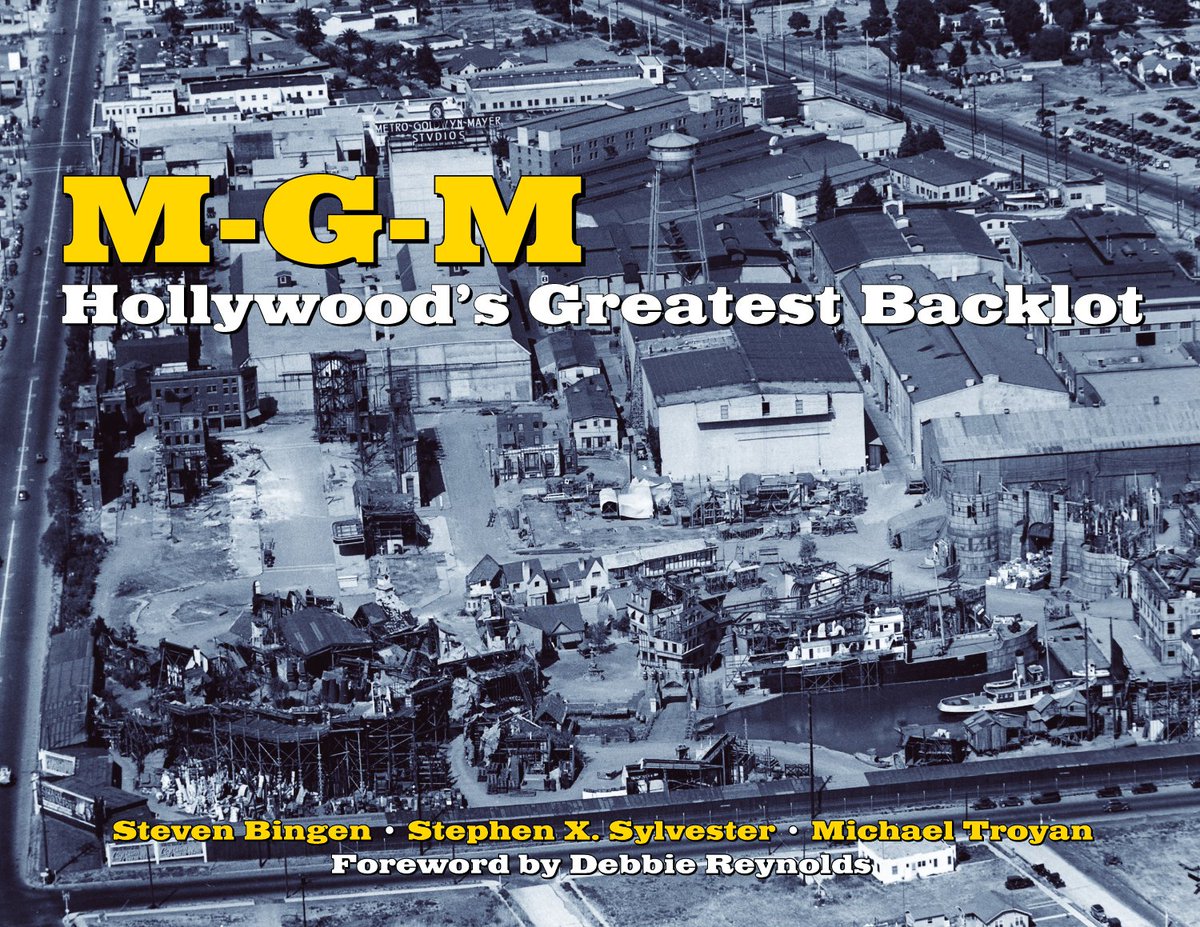
He stopped the bleeding but the studio didn't flourish.
His real angle were its "three golden letters." He used the brand and Hollywood ambience for his next iteration of Vegas's biggest hotel: the MGM Grand.
His real angle were its "three golden letters." He used the brand and Hollywood ambience for his next iteration of Vegas's biggest hotel: the MGM Grand.

The casino was another success and he split it from the studio.
It was also the site of Vegas's deadliest fire in 1980. Kerkorian later sold it to Bally's and built today's MGM Grand in 1993.

It was also the site of Vegas's deadliest fire in 1980. Kerkorian later sold it to Bally's and built today's MGM Grand in 1993.


He merged MGM with the United Artists studio but the business still wasn't thriving. It was time to monetize.
He knew Ted Turner desperately wanted a library to fees his new cable channels. Kerkorian told him he could lock up MGM - if he committed within 2 weeks.
He knew Ted Turner desperately wanted a library to fees his new cable channels. Kerkorian told him he could lock up MGM - if he committed within 2 weeks.

Turner was hooked. Milken's Drexel was to line up the financing. Kerkorian would buy back the UA studio to make deal feasible.
But MGM's movies were flopping and Drexel couldn't sell the debt. Turner Broadcasting was going to be too levered. And he was locked into the deal.

But MGM's movies were flopping and Drexel couldn't sell the debt. Turner Broadcasting was going to be too levered. And he was locked into the deal.


They renegotiated and reduced the cash portion. Kerkorian got 14% yielding preferred stock instead. Dividend payable in cash or common stock.
The sale went through and Turner was starting to sweat. Kerkorian was going to accumulate voting stock over time through the dividends.
The sale went through and Turner was starting to sweat. Kerkorian was going to accumulate voting stock over time through the dividends.
Turner called up John Malone: “You’ve got to do something or CNN will become KNN, Kerkorian News Network!” Malone and other cable operators injected cash. And Kerkorian bought back the studio, leaving Turner with just the library. 

Kirk then sold the studio to Giancarlo Parretti for $1.4bn and bought it back when Parretti went bankrupt. In 2004, it went to Sony for good for $4bn.
In the 1990s, Kirk also made a big bet on the recovering Chrysler and earned $2.7bn in profits
In the 1990s, Kirk also made a big bet on the recovering Chrysler and earned $2.7bn in profits

When Steve Wynn struggled in 2000, Kirk bought his Mirage Resorts. And later the Mandalay Bay.
“Life will be good in Kirkville,” Wynn joked. Kerkorian, the onetime dropout, now towered over the strip.


“Life will be good in Kirkville,” Wynn joked. Kerkorian, the onetime dropout, now towered over the strip.
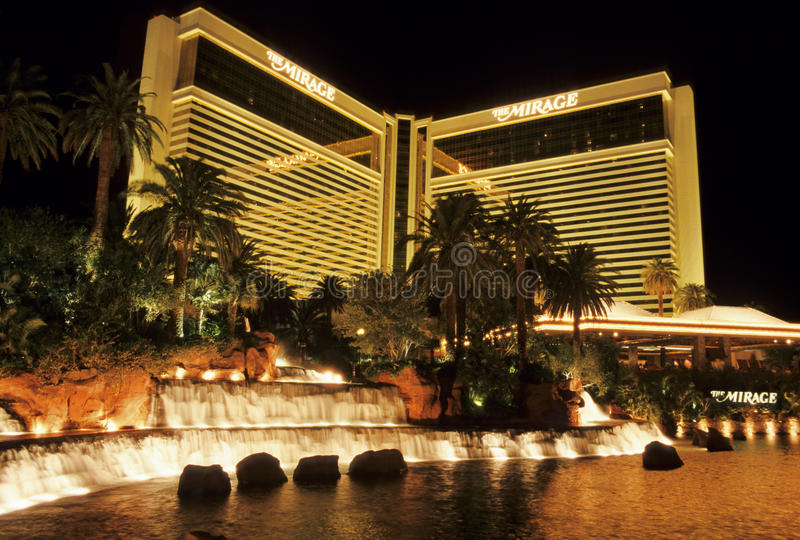


But Kerkorian never stopped playing and his net worth was decimated during the financial crisis. He passed away in 2015 at the age of 98.
I love his story for his enthusiasm and his resilience. He was an outsider who bested the naysayers.
I love his story for his enthusiasm and his resilience. He was an outsider who bested the naysayers.

He rode the big wave in American leisure spending and expertly traded assets within his circle of competence. And he demonstrated both the value and danger of leverage. 
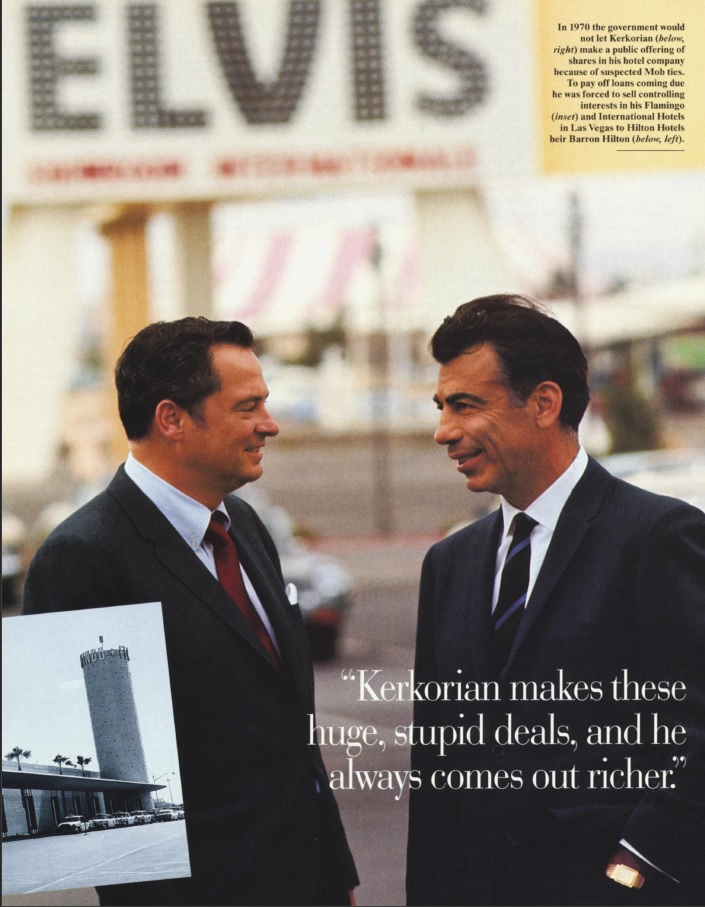
I wrote about his story here:
neckar.substack.com/p/kirk-kerkori…
And here:
neckar.substack.com/p/kirk-kerkori…
I'd also recommend his biography, The Gambler.
neckar.substack.com/p/kirk-kerkori…
And here:
neckar.substack.com/p/kirk-kerkori…
I'd also recommend his biography, The Gambler.
• • •
Missing some Tweet in this thread? You can try to
force a refresh






